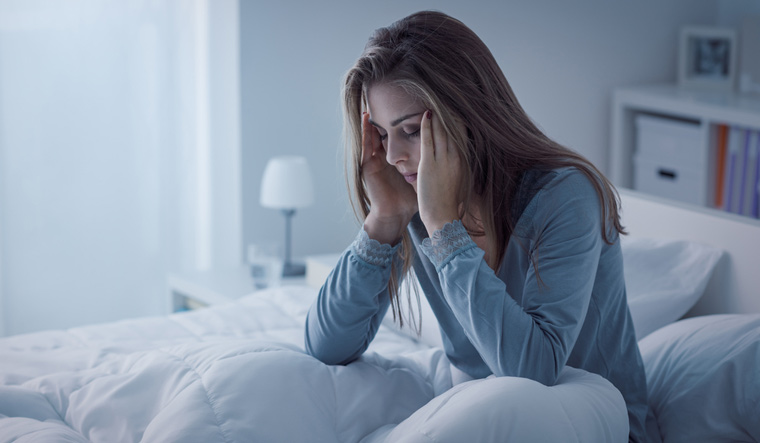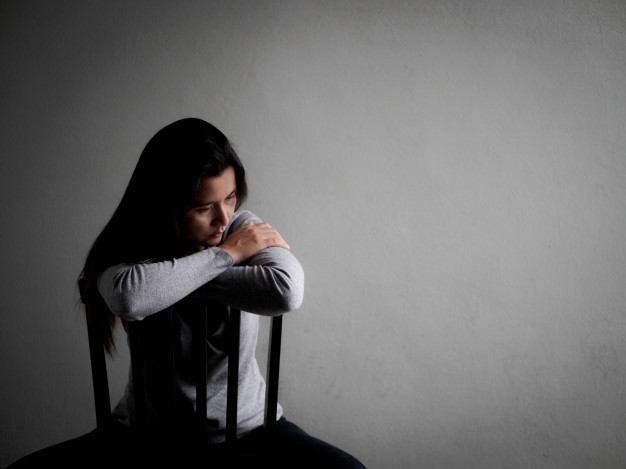


Women are about twice as likely as men to develop major depression. They also have higher rates of seasonal affective disorder, depressive symptoms in bipolar disorder, and dysthymia (chronic depression).More than mere sadness, depression can make someone feel as though work, school, relationships, and other aspects of life have been derailed or indefinitely put on hold. It can sap the joy out of once-pleasurable activities and leave someone feeling continuously burdened. This mood disorder may also cause physical symptoms, such as fatigue, pain, and gastrointestinal problems.
1)Women may experience symptoms related to their mood, such as irritability
2)Emotional well-being, such as feeling sad or empty, anxious or hopeless
3)Behavior, such as loss of interest in activities, withdrawing from
social engagements, thoughts of suicide
4)Cognitive abilities, such as thinking or talking more slowly
5)Sleep patterns, such as difficulty sleeping through the night,
waking early, sleeping too much
6)Physical well-being, such as decreased energy, greater fatigue,
changes in appetite, weight changes, aches, pain, headaches, increased cramps

Community surveys find that women are more likely than men to say they are under stress. Other studies suggest that women are more likely than men to become depressed in response to a stressful event. Women are also more likely to experience certain kinds of severe stress, such as child sexual abuse, adult sexual assaults, and domestic violence.



Clinicians usually first recommend one of the selective serotonin reuptake inhibitors (SSRIs), a class of antidepressants that includes fluoxetine (Prozac), citalopram (Celexa), and sertraline (Zoloft). These drugs act on the serotonin system that affects mood, arousal, anxiety, impulses, and aggression. SSRIs also appear to indirectly influence other neurotransmitter systems, including those involving norepinephrine and dopamine.TCAs may cause side effects like dry mouth, constipation, or dizziness. MAOIs can cause sedation, insomnia, dizziness, and weight gain. To avoid the risk of a rapid rise in blood pressure, people taking MAOIs must also avoid eating a substance called tyramine, found in yogurt, aged cheese, pickles, beer, and red wine. Some drug side effects subside with time, while others may lessen when a drug dose is lowered. It is sometimes worth trying several different antidepressants in order to find the one that is the best match, balancing the benefits against adverse effects.
Psychotherapy:Most research suggests that women and men benefit equally from psychotherapy. Three broad options exist — cognitive behavioral therapy, interpersonal therapy, and psychodynamic therapy. There is no simple answer as to which one works best. Many patients find that a blended approach — one that draws on elements of different schools of psychotherapy — suits them best.
Preventions:
Depression isn’t generally considered to be preventable. It’s hard to recognize
what causes it, which means preventing it is more difficult.But once you’ve
experienced a depressive episode, you may be better prepared to prevent a
future episode by learning which lifestyle changes and treatments are helpful.
Techniques that may help include:
1)Regular exercise
2)Getting plenty of sleep
3)Maintaining treatments
4)Reducing stress
5)Building strong relationships with others

 She
Care
She
Care